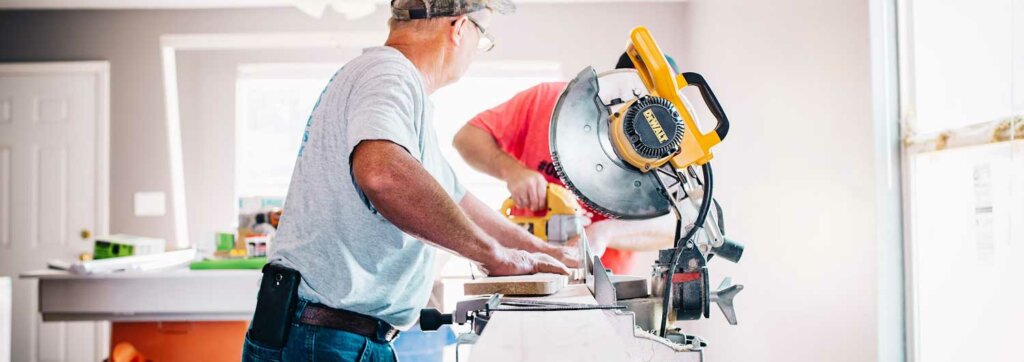
Many homeowners in America want to remodel their homes to keep up with the latest trends. You can also redesign your home to give it a little facelift, making it more elegant and comfortable to live in. Fortunately, you don’t have to worry about the money to fund this project because many lenders are willing to give you a home improvement loan.
You will also be happy to learn that you can easily score some impressive tax savings with a home improvement loan. Even better, is that sometimes home improvement loans are tax-deductible. In this article, you will learn everything about deducting home improvement loans from your taxes.
Tax-Deductible Home Improvements
Certain home improvements can earn you a tax break. For instance, there are different types of home improvement loans that allow you to deduct the interest provided you use the loan to make capital improvements to your house. This is because capital improvements are considered renovations that go beyond normal repairs.
While a normal home repair restores your home to its original condition and appearance, a capital improvement loan helps to prolong your home’s life and increases its value. A capital improvement loan also adds a new level of comfort to your house. For example, replacing your roof with a new one is considered to be a capital improvement, while patching a leaky roof is considered to be a normal repair.
According to real estate experts, you should take a home improvement loan to replace your roof because it is your best return on investment. Although roof replacement is an expensive undertaking, you shouldn’t put it off because it is likely to pay you more at resale than you initially invested in the project. Most homebuyers are willing to pay more for a home with a new roof.
Many other capital improvements will earn you impressive tax savings, including replacing your garage door, fence, swimming pool, porch, deck, siding, and windows. You can also get a tax break if you remodel your kitchen, bathroom, flooring, and entry door. Taking a loan to add newly manufactured stone veneer, basement finishing, and a master suite will also earn you a tax break.
Finally, make sure you compare different lenders before taking out your home improvement loan to make sure that you are getting the best deal. This also helps to avoid hurting your credit score.
Conclusion
A home improvement loan may bring multiple benefits if you are able to improve the value of your home, get a tax credit for the loan, and deduct the interest from the cost of the improvements on your next income tax return. In fact, even if you have another possible source of funds for work on your home and are considering using estate funds for house repairs or improvements, for example, you might be better off getting a loan anyway. One home improvement ‘danger’ for owners who are having work done with the intent to sell the home at a higher price is that they may no longer want to sell when the work is finished and the home is much more beautiful. You might wonder what happens when the home seller backs out of their contract. Of course, you can avoid that dilemma entirely by skipping the repairs with a cash buyer. So many options—which one is right for you?